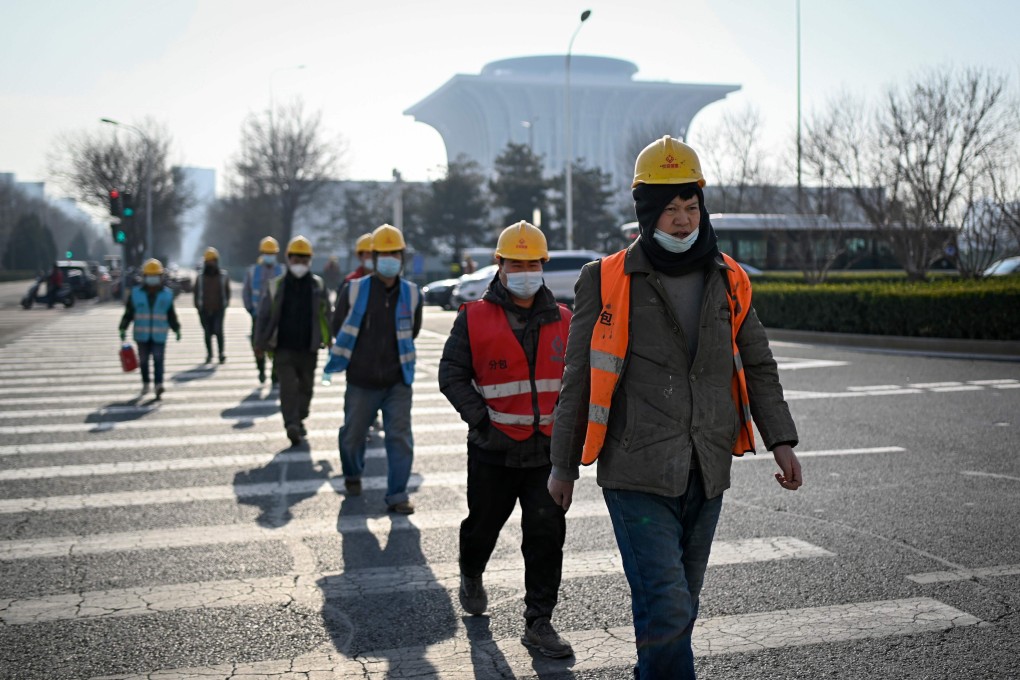Advertisement
China-EU investment deal: Beijing relents on human rights but will it shift on trade unions?
- The European Union sees the Comprehensive Agreement on Investment as a tool to improve workers’ right to organise and collectively bargain
- China’s history of resisting trade union reform, including cracking down on labour activists, does not bode well, says Amnesty International
Reading Time:4 minutes
Why you can trust SCMP
65

China will pursue the ratification of key global human rights conventions starting next year as a compromise on a forced labour controversy that once stalled investment deal talks with the European Union, according to EU documents of their ongoing negotiations.
But analysts remain concerned that Beijing is unable to live up to international standards on forced labour, collective bargaining and the right to freely form trade unions, issues that Brussels has demanded be included as part of their investment agreement.
China “agreed to work towards ratification of all four outstanding International Labour Organization fundamental conventions, and, in particular, to make continued and sustained efforts to ratify the two ILO fundamental conventions on forced labour that it has not ratified yet”, according to a document seen by the South China Morning Post.
The document hailed Beijing’s pledge to ratify the ILO conventions as a breakthrough and an “unprecedented outcome”.
It is also expected that Chinese legislators would ratify the International Covenant on Civil and Political Rights in March next year, the Post reported this week. In 1998, Beijing signed the convention – which includes clauses agreeing that no one shall perform forced or compulsory labour – but has not ratified it.
Advertisement
Select Voice
Choose your listening speed
Get through articles 2-3x faster
1.1x
220 WPM
Slow
Normal
Fast
1.1x